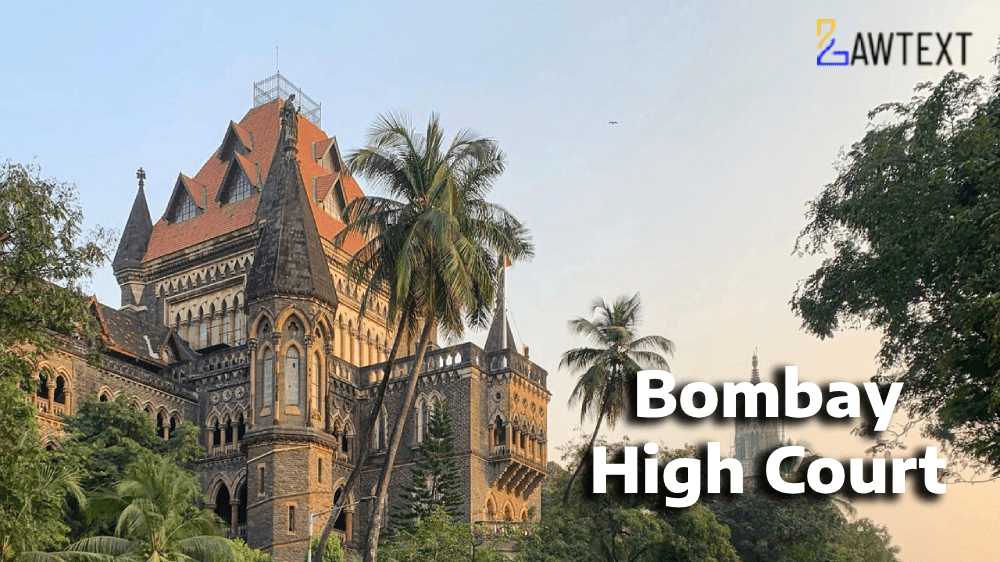Court Dismisses Co-operative Housing Society's Petition Against Member's Expulsion Overturned. Lack of Procedural Compliance in Expulsion Process Leads to Reversal of Society's Decision

CASE NOTE & SUMMARY
A writ petition filed by a Co-operative Housing Society (the petitioner) challenging the orders that overturned the expulsion of one of its members (respondent no.1). The case revolves around the non-payment of a development fee by the respondent, leading to his expulsion from the society. The expulsion was initially upheld by the Taluka Deputy Registrar but subsequently overturned by the Joint Additional Registrar and the Secretary of the Co-operation Department on the grounds of procedural non-compliance with the Maharashtra Co-operative Societies Act, 1960 and its associated rules. The court dismissed the writ petition, citing the society's failure to adhere to mandatory procedural requirements for expulsion.
1. Rule and Admission
- Rule made returnable forthwith.
- Matter taken up for final hearing at the admission stage by consent of parties.
2. Impugned Judgments and Orders
- Challenging judgment dated 12.08.1998 by Joint Additional Registrar, Co-operative Society, Aurangabad (Appeal No.80/1997).
- Challenging order dated 18.07.2001 by Secretary, Co-operation Department, Government of Maharashtra (Revision Petition No.96/1999).
3. Background of the Case
- Petitioner: Co-operative Housing Society under Maharashtra Co-operative Societies Act, 1960.
- Respondent no.1: A member of the society.
- Society decided on 08.12.1991 to collect Rs.12,000/- from each member for development expenses.
- Respondent no.1 did not pay the amount or request an extension.
- Society passed a resolution on 11.07.1993 to expel respondent no.1 for non-cooperation.
- Expulsion confirmed by Taluka Deputy Registrar on 11.08.1994.
- Respondent no.1’s appeal was allowed by Joint Additional Registrar.
- Petitioner’s revision dismissed by the state; order communicated on 01.08.2001.
- Present writ petition filed by petitioner-society.
4. Petitioner's Arguments
- Decision taken in the general body meeting on 08.12.1991 for Rs.12,000/- contribution.
- Respondent no.1 was part of the resolution but did not comply.
- Expulsion decision was fair due to non-cooperation.
- Proper procedure followed by the Taluka Deputy Registrar in confirming expulsion.
- Appellate and Revisional Authorities failed to appreciate the facts and conduct of respondent no.1.
5. Respondent's Arguments
- Elaborate reasons recorded by respondent nos.2 and 3 in their decisions.
- Society’s decision inconsistent with MCS Act, 1960 and rules.
- Referenced case law: Aderabad Co-Operative Housing Society Ltd. vs. Divisional Joint Registrar.
- Mandatory notice of agenda for expulsion not served as required by Rule 29 of MCS Rules.
6. Court's Analysis
- Not disputed: Respondent no.1 was a member; expulsion resolution passed on 11.07.1993.
- Appellate Authority set aside society’s decision due to non-compliance with MCS Act and Rules.
- Relevant provisions of MCS Act, 1960: Section 35 and Rule 29.
- Requirement: Opportunity of hearing and advance notice with agenda of meeting for expulsion.
7. Relevant Legal Provisions
- Section 35 of MCS Act, 1960: Expulsion of members.
- Rule 29 of MCS Rules: Procedure for expulsion of members.
8. Compliance with Legal Provisions
- Society empowered to expel members by resolution with three-fourth majority.
- Proviso: Member to be given an opportunity to present their case.
- Resolution needs approval from the Registrar.
- Rule 29: Written notice with agenda to be served at least one month in advance.
9. Non-compliance by Petitioner Society
- No advance notice served to respondent no.1 with agenda for expulsion meeting.
10. Findings of Appellate and Revisional Authorities
- Petitioner-society failed to comply with Rule 29.
- Concurrent findings justify overturning the expulsion decision.
11. Relevant Case Law
- Aderabad Co-Operative Housing Society Ltd. case: Emphasized mandatory nature of Rule 29 compliance.
- Importance of adequate notice and agenda for expulsion meetings.
12. Court's Conclusion
- No justification for the expulsion resolution dated 11.07.1993.
- Appellate and Revisional Authorities justified in their decisions.
13. Disposition
- Writ Petition dismissed.
- Rule discharged.
ISSUE OF CONSIDERATION
Kamadhenu Sahakari Grahanirman Sanstha Ltd. Versus Suresh S/o. Narayan Madekar Ors.
Citation: 2024 LawText (BOM) (7) 123
Case Number: WRIT PETITION NO.3352 OF 2001
Date of Decision: 2024-07-12
Case Title: Kamadhenu Sahakari Grahanirman Sanstha Ltd. Versus Suresh S/o. Narayan Madekar Ors.
Before Judge: S. G. CHAPALGAONKAR, J.
Advocate(s): Mr. Madhav Ghode h/f Mr. P. K. Joshi, Advocate for Petitioner. Mr. P. R. Katneshwarkar, Advocate for Respondent No.1. Mr. N. D. Raje, AGP for Respondent Nos.2, 3 and 4.
Appellant: Kamadhenu Sahakari Grahanirman Sanstha Ltd.
Respondent: Suresh S/o. Narayan Madekar Ors.

